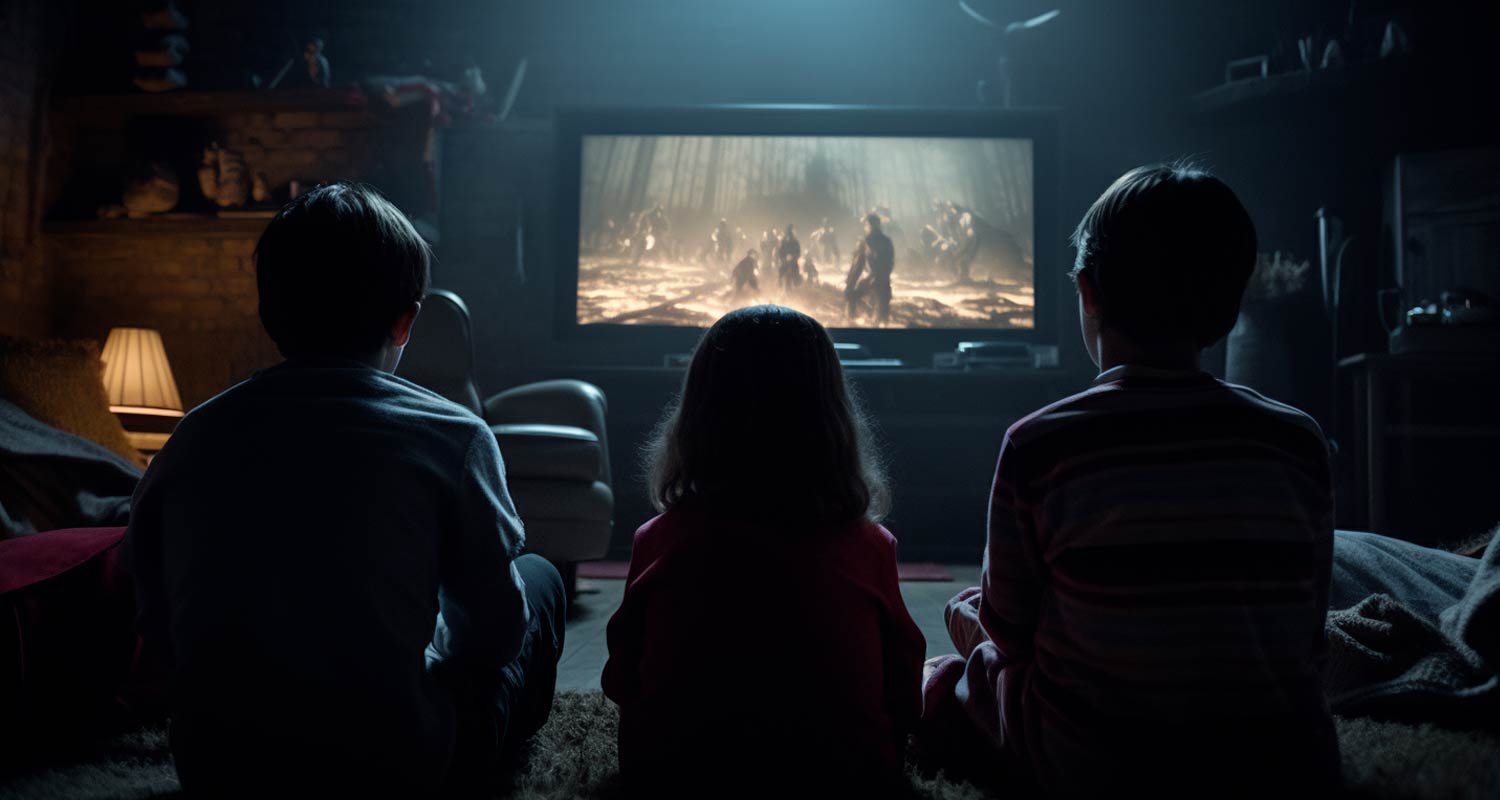
Succession swept the top prizes at the strike-delayed Emmy Awards on Monday night in Los Angeles, capturing best drama for the third time in four years and allowing HBO to once again claim the crown as the premier programmer in TV.
A darkly comic show about warring members of a family media dynasty, Succession earned six primetime Emmys in its final season, including best directing, writing and three acting prizes. The series beat seven other nominees for best drama, including three rival HBO titles, The Last of Us, The White Lotus and House of the Dragon.
Hulu and FX’s The Bear, about a young chef who is forced to take over his family’s sandwich shop, claimed six prizes for its first season, including best comedy series. Netflix’s Beef, about a minor traffic dispute that escalates into violence, won the Emmy for best limited series, along with acting awards for the show’s stars, Ali Wong and Steven Yeun. It won five in total.
Though Hollywood produces hundreds of programmes each year, those three shows together took home 17 of the 27 awards handed out during the Fox network broadcast.
HBO still produces what the entertainment industry considers the best TV in the US, if not the world, despite changing owners twice in the last decade and facing more competition than ever. The network, now part of Warner Bros Discovery, earned the most nominations of any network and captured the most awards overall.
“It was a great sadness to end this show, but it was a great pleasure to do it,” Jesse Armstrong, creator of Succession, said upon receiving the award for best writing for a drama series.
The Last of Us
While Succession claimed the top prizes during the primetime Emmy broadcast, The Last of Us was the big winner earlier this month at the Creative Arts Emmy Awards. It received eight prizes, including statuettes for makeup, visual effects and sound editing.
The end of Succession will ignite another discussion of what HBO will do next — as happened after The Sopranos and Game of Thrones. Yet HBO has sustained its quality programming for decades. The network was competing with broadcast TV when it first started to produce award-winning dramas a quarter of a century ago. Then more cable networks entered the fray, followed by streaming services.
The network’s biggest competition in recent years has been Netflix, which produces more entertainment than any other company and has spent hundreds of millions of dollars chasing awards. The streaming giant earned the second-most nominations and six wins this year.
Yet in recent years Netflix has shifted focus, prioritising shows that reach as broad an audience as possible — the types of programmes that seldom win awards. Its two most popular titles of last year, The Night Agent and Ginny & Georgia, received zero nominations.
 The Emmys, which are typically broadcast in September, were staged in January after strikes by writers and actors paralysed the entertainment industry last year. Hollywood screenwriters and actors stopped working for months to fight for higher wages from streaming services, shutting down production for months and costing the US economy billions of dollars.
The Emmys, which are typically broadcast in September, were staged in January after strikes by writers and actors paralysed the entertainment industry last year. Hollywood screenwriters and actors stopped working for months to fight for higher wages from streaming services, shutting down production for months and costing the US economy billions of dollars.
Host Anthony Anderson made scant mention of the strikes during the show, which ran about three hours.
As a result of the delay, the Television Academy honoured work that was more than a year old, such as The Bear, which debuted in June 2022. Its second season, which came out last year and won best comedy at the Golden Globes earlier this month, will be eligible at the next Emmys. The delay also means that the Emmys aired in the middle of Hollywood’s traditional awards season — the Oscar nominations will be announced later this month.
Hollywood’s awards shows serve several purposes. They were created to recognise the best work within the entertainment industry, but they are also valuable live programme for the networks that broadcast them and can be a marketing platform for certain shows.
The Emmys’ power as a promotional vehicle has waned in recent years as viewers tune out. The 2022 broadcast delivered just 5.9 million viewers, the smallest audience on record.
As three shows dominated the night, most companies and networks went home empty-handed. Apple and Amazon.com, two technology companies that have spent billions on original programming, won one prize combined on the night. Broadcast networks CBS, NBC, ABC and Fox also combined to win just one award. — (c) 2024 Bloomberg LP
AI-generated summary of this article
- The HBO drama Succession dominated the 73rd Emmy Awards, winning seven trophies, including best drama series.



